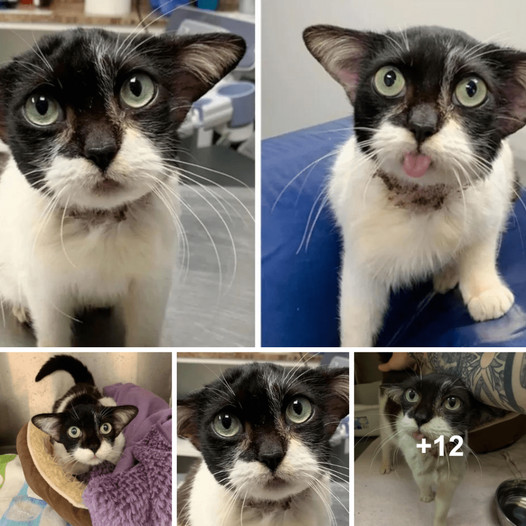:strip_icc():format(webp)/GettyImages-514937248-363cfffc62414aa0aee6afb7648e9027.jpg)
The Somali cat is an intelligent and energetic feline with a striking reddish coat and a fluffy tail, resembling a fox. This breed has a playful and curious nature, which makes them enjoy human interaction, but they can get bored easily if not stimulated. Somalis make great pets for households with other animals or for those who spend most of their time at home. They are affectionate but not fond of being held and considered non-cuddly cats. When left alone, Somalis can become mischievous and cause chaos around the house. With a medium-sized body, these cats can weigh up to 12 pounds and grow up to 26 inches long. Their fur comes in various colors such as red, ruddy, blue, fawn, and sorrel, with ticked patterns and green or gold eyes. Being highly energetic, Somalis require plenty of exercise and playtime to stay healthy and content. They are intelligent and vocal only when necessary. Although they shed moderately, they are not hypoallergenic. Originating from Australia, this breed has a lifespan of up to 14 years.
:strip_icc():format(webp)/GettyImages-1028422036-758700eadf594872be2411df15d0179d.jpg)
The origins of the Somali cat breed are shrouded in mystery and are not entirely clear. According to some experts, it is believed that crossbreeding between Abyssinian cats and long-haired cats occurred in the early 1900s, introducing a recessive gene into the population. However, there is no conclusive evidence to support this theory. The first Somali cat made its appearance at Australian cat shows in 1965, initially referred to as a “long-haired Abyssinian.” Breeders have since been actively working on developing the Somali as a unique breed, and it is now recognized by all major cat associations. Somali cats have soft, silky coats that require regular brushing once or twice a week to prevent tangles, but fortunately, they usually enjoy being groomed, making the job easier for their owners.

It’s important to brush the teeth of these felines regularly since they’re more likely to develop periodontal disease. Additionally, taking them for dental cleanings every so often can prevent any issues with their gums or teeth.








